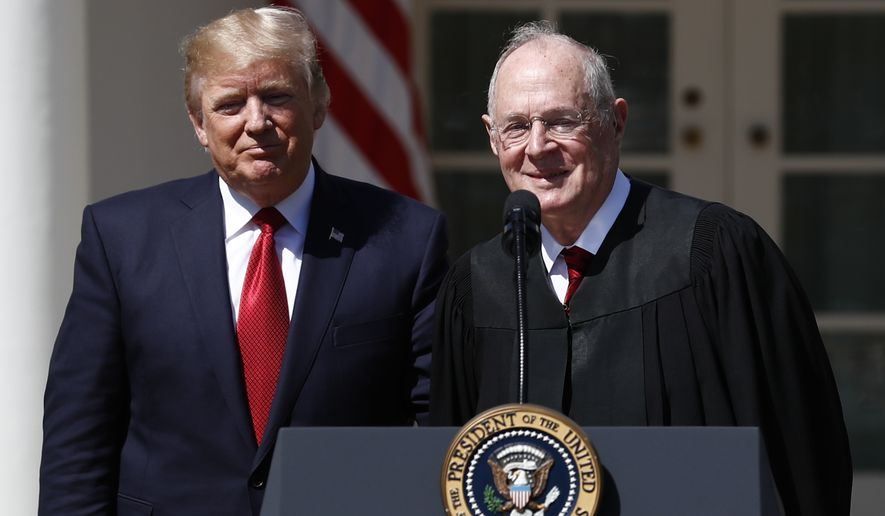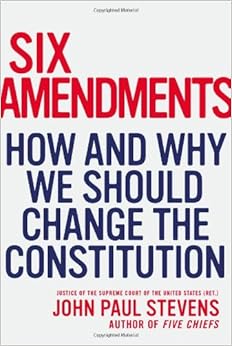The GOP primary battle continues to rage, but Mitt Romney continues to dominate. Let’s recap: among viable non-Romney candidates, only Newt Gingrich remains in the race. Rick Santorum won in Iowa, but just barely, and has come in third or worst in all the other states to date. Ron Paul has yet to carry a state and admits he doesn’t yet know which ones he might. Newt Gingrich has only won so far in South Carolina, a racist southern state more likely than most to find resonance with “blacks should demand paychecks not food stamps” bullshit; and even then, his victory might well be attributed to a bump from some jabs he managed to get past the inept moderator at the debate held there days before the primary.
With contests in Minnesota and Colorado tomorrow, Romney is well positioned to double his collection of wins: according to PPP, he’s the clear favourite in Colorado and is in a more or less dead heat with Santorum in Minnesota. A win for Santorum there will not breathe life into his dying, unelectable bones, but the obvious loss Gingrich is about to face will surely kill all that remains of his momentum. It seems clearer and clearer that what has been conventional wisdom for months — that Romney will be the nominee — has been right all along.
All this would be considerably less interesting if there were any other uncertainties in the race. But Obama will not be primaried, and with unemployment rates starting to seriously drop, providing cautious optimism for some that a recovery is starting to kick back in, his reelection seems all but certain. Barring some cataclysm, does it seem reasonable to suppose that Romney could beat Obama? The latter is likely to enjoy something close to a repeat of the record black turnout in 2008, and Romney isn’t too popular even among conservatives (hence the unending support for the not-Romney candidate trending up at any moment). Obama is starting to put his toe in the general race now, saying he “deserves a second term” in an interview with NBC ahead of the Super Bowl. That’s a pretty nice time to have the national airwaves, and polls are showing he would do well in a race with Romney.
But all this is very sad! We must choose between a sitting president with a dubious record and a flip-flopping venture capitalist no one really likes. This ‘fact’ was ironically highlighted for me as I was reading Federalist 66 the other day and noticed this choice bit from Hamilton:
The [House of Representatives] will be the umpire in all elections of the President, which do not unite the suffrages of a majority of the whole number of electors; a case which it cannot be doubted will sometimes, if not frequently, happen.
Ha! Of course, this did happen, but only twice out of the 56 presidential elections held so far. In 1800, before the 12th amendment changed the rules of the electoral college, the House deadlocked repeatedly and finally elected Thomas Jefferson after 35 votes. And in 1824, following the dissolution of the Federalist party, four candidates each gained a fairly significant slice of the electoral vote. Andrew Jackson beat his next closest rival, John Quincy Adams, by 10 points in the popular vote and 15 electoral votes, but missed a majority by more than 30 electoral votes. The House eventually selected Adams after Henry Clay, also running, gave the former his support; Clay was eventually named Secretary of State in what was called a ‘corrupt bargain.’
So given the Constitution has baked into it a way to resolve disputes between candidates when none obtains a majority of electors, a mechanism Hamilton thought would be used ‘frequently’, why has it remained unused for nearly two centuries? Even from the earliest days of the republic, the two-party duality has been a potent force in general elections. The Federalists and Anti-federalists were not officially recognized parties like ours today are, but they were responsible for bitter election battles in the late eighteenth century. Parties were more dynamic between that 1824 standoff and the civil war, but the formation of the Republican party in 1854 saw more or less the final manifestation of the two-party system we see today, with only a handful of serious third party bids since.
Modern laws make it harder for third parties. Ballot access usually requires meeting some minimum signature bar in a petition, which means parties need nationwide local coordination, something which requires a large establishment. Debates are basically bi-partisan affairs and usually do not include third parties. Mass defection to a third party might swing the election to the least desirable of all three (consider the charge that Nader lost Gore the election in 2000). States almost always award electors on a winner-take-all basis, so the incentive for voters in each state to make their voices heard on the national stage by picking perceived winners is high.
In that vein, I think the biggest reason that the two-party system persists is inertia. The parties are well-established and can pretty easily either gobble up any fringe third-party platform (or ridicule it as being Unserious, as has been happening to Ron Paul’s candidacy generally). Most issues are binary as far as the average voter is concerned: you’re either mostly for gay rights, or you’re mostly against them; you want increased social programs, or you want to cut them back; you mostly want to drill for oil or you mostly want to research green energy. It doesn’t help that these ideas mostly align with conservative or liberal ideologies very nicely: conservatives tend to want to stick to the ancient ways, while liberals want to change most aspects of society and government.
Then there’s the related issue of bipartisan consensus. Perceived political realities force politicians to cave to certain positions, which then silences debate. Look to Clinton’s welfare reform, “tough on crime” laws which had led to unprecedented incarcerations, the jingoism of the runup to Iraq war that seems to have returned but this time against Iran; and of course, the notion that taxes should not go up except maybe for the other guy. When both parties largely agree on so much, it can be difficult to see what the usefulness of a third party could be. Is there a third major platform in American politics today? Evidently not.
And that is the main problem. The Tea Party was swallowed by the Republicans since they aligned closely enough to allow it. Obama has already begun to adopt of the rhetoric of Occupy and might win several of its less aware and passionate members. But this is too bad. An adversarial third (or fourth, or fifth) party would make this election battle a lot more interesting than the inevitable “lesser of two evils” Obama-vs-Romney scorched earth, no-holds-barred steel cage match. And if more people demanded better at the ballot box, they would get it: that’s a political reality. Consider that before holding your nose for Obama (or Romney if you have no soul) in November.

:format(webp)/cdn.vox-cdn.com/uploads/chorus_image/image/55213103/486234028.0.jpg)



